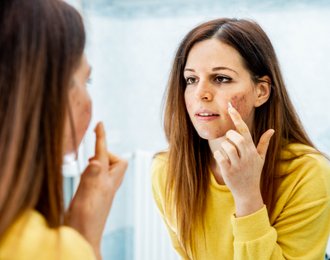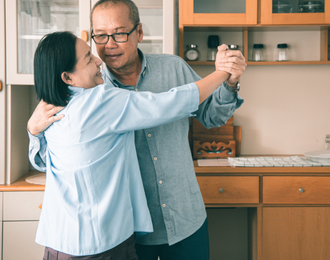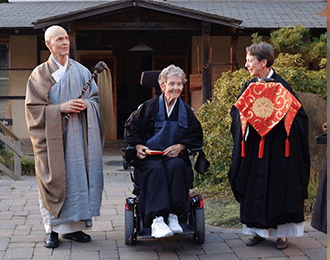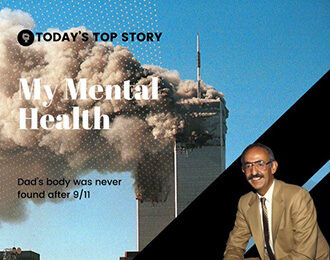How to Age Gracefully
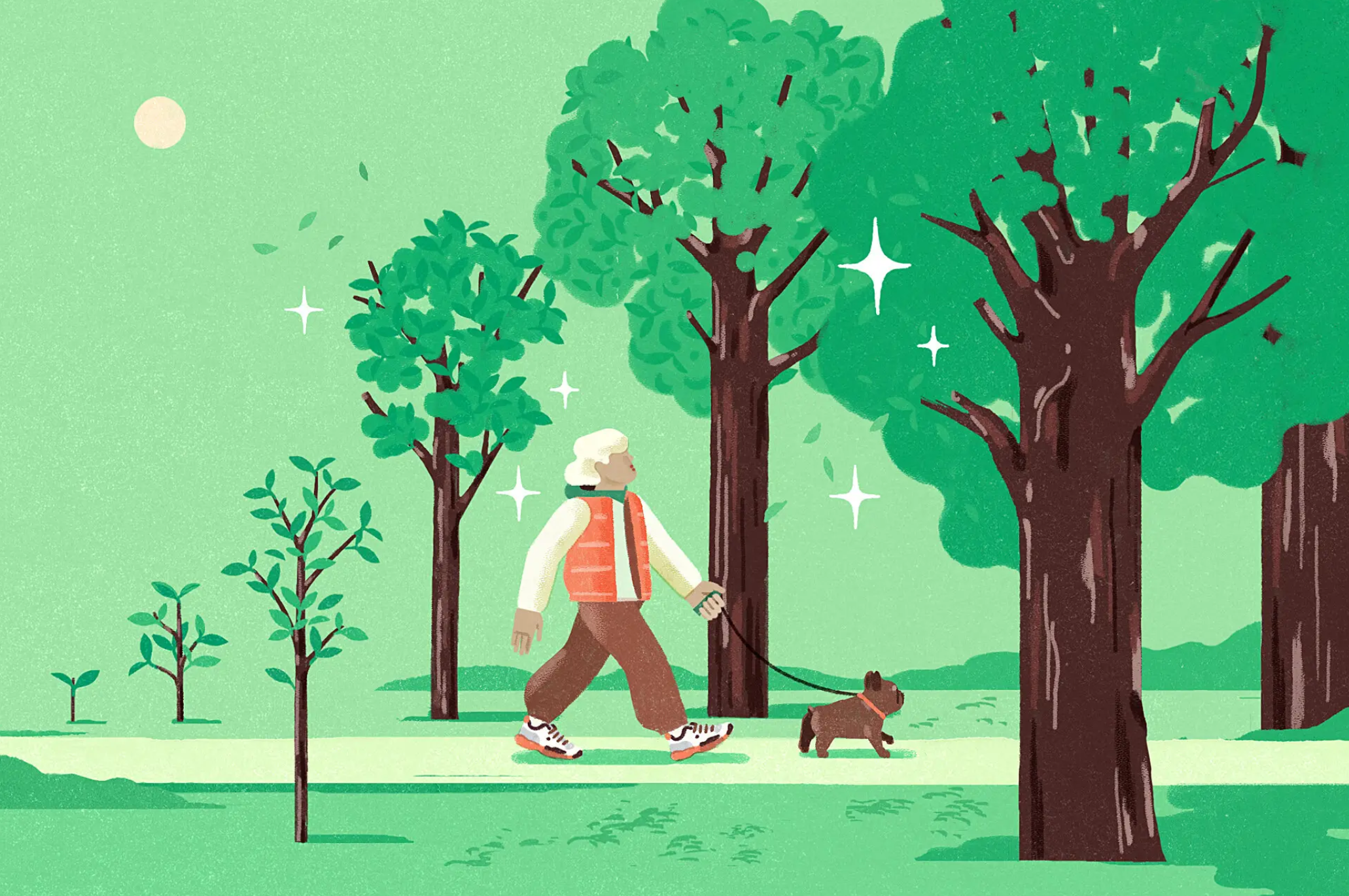
By Jane E. Brody for the New York Times Updated for January 2022
The day after my 80th birthday, which overflowed with good wishes, surprises, and Covid-safe celebrations, I awoke feeling fulfilled and thinking that whatever happens going forward, I’m OK with it. My life has been rewarding, my bucket list is empty, my family is thriving, and if everything ends tomorrow, so be it.
Not that I expect to do anything to hasten my demise. I will continue to exercise regularly, eat healthfully, and strive to minimize stress. But I’m also now taking stock of the many common hallmarks of aging and deciding what I need to reconsider.
I found considerable inspiration and guidance in a new book, “Stupid Things I Won’t Do When I Get Old,” by Steven Petrow, written with Roseann Foley Henry. Mr. Petrow, who is also a columnist but is nearly two decades younger than I, began thinking ahead after watching the missteps of his aging parents, like waiting too long to get hearing aids.
I took a similar inventory of my life and started at the top, with my hair. I’d been coloring it for decades, lighter and lighter as I got older. But I noticed that during the pandemic, many people (men as well as women of all ages) had stopped covering their gray. And they looked just fine, sometimes better than they did with hair dyed dark above a wrinkled facade. Today, I too am gray and loving it, although I can no longer blame my dog for the white hairs on the couch!
I’ve also resisted the common temptation to cover up other cosmetic issues. I now rarely use makeup, and my usual summer costume remains short-shorts and tank tops. Wrinkles be damned. I’m proud to have them.
But I will continue to be irritated by bad grammar, like the sentence recently in this newspaper that ended … “to we mortals,” and correct misuse of the language whenever I can.
And I will stubbornly resist altering my habits to avert potential tragedies that others foresee. I walk my dog in the woods over slippery rocks, roots and fallen logs so I can enjoy his fearless energy and athleticism and improve my own balance and self-confidence. The doctor who monitors my bone health ends every consult with an order, “Do not fall,” and the treacherous woods walk is part of my response. As Mr. Petrow emphasized, fear of falling “can actually lead to more falls” by making you unduly anxious, hesitant, and focused on your feet instead of what’s in front of you.
My kitchen was built for a five-foot-tall cook who, thanks to scoliosis and shrinkage, is now several inches shorter. That means I often climb to reach items that I can’t store on a lower shelf. But I always use a sturdy stepstool, unlike a 78-year-old friend who foolishly climbed on a chair (a big no-no), fell, and injured his back.
When I asked a woman my age how she was feeling, she said, “I have issues,” and I said, “We all have issues. The secret to successful aging is to recognize one’s issues and adapt accordingly.” I’m constantly learning what I can and can’t do and asking or paying for help when needed.
Sooner or later, we all must recognize what is no longer possible and find alternatives. Years ago, body mechanics forced me to give up tennis and ice skating and now strenuous gardening. I continue to do 10-mile bike rides several times a week in good weather, but two-week cycling trips up and down hills are now history.
A dear friend in her 90s is my role model and serves as a reality check. When I asked if she’d accompany me on a trip abroad, she said, “Thanks, but I’m no longer up to the level of activity it involves.”
I’ve vowed to stop talking to whoever will listen about my aches, pains, and ailments, what Mr. Petrow called the “organ recital.” It doesn’t provide relief — in fact, it might even make the pain worse. Rather than instill empathy, the “organ recital” likely turns most people off, especially young ones.
And I do cherish my young friends who keep me youthful in spirit and focused on issues important to my children and grandchildren and the world they will inherit. They, in turn, say they value the information and wisdom I can offer.
I also strive to say something flattering or cheerful to a stranger every day. It brightens both of our lives and helps me focus on the beauty around me. But my most valuable advice: Live each day as if it’s your last, with an eye on the future in case it’s not, a lesson I learned as a teen when my mother died of cancer at 49. Her death inured me to catastrophic loss, which I handle better than little ones.
The stickiest wicket going forward will be driving. When I was in my mid-70s, my sons started urging me to stop driving simply based on my age. I hadn’t had any accidents or even almost-accidents or gotten a ticket for a moving violation. Still, they upped my liability insurance (OK, I said, if it makes you feel better). And, to get them off my back, I gave up my 10-year-old minivan and I replaced it with one of the safest cars on the road, a Subaru Outback.
Like many other cars now on the market, the Subaru has several protective bells and whistles that compensate for the declining senses and slower reactions that accompany aging. It warns me when there’s a car, bicycle or pedestrian approaching when I’m backing out of a parking spot. It stops dead when anything suddenly appears or stops in front of me. If I should turn my head to see something, it flashes “Keep Eyes on Road.”
I’m also beginning to tackle another burdensome issue especially common among those who have lived long in one place: clutter. I have a latent fear of “running out” of things and so I chronically buy and save more than enough of everything. My late husband called our house an air raid shelter that could sustain us for a year. I’m also terrible at parting with objects that may one day be useful. He told me I reminded him of an elderly woman he knew who kept pieces of string “too small to use.” I’m taking his advice to heart. Wish me luck.
Jane Brody is the Personal Health columnist, a position she has held since 1976. She has written more than a dozen books including the best sellers “Jane Brody’s Nutrition Book” and “Jane Brody’s Good Food Book.”
